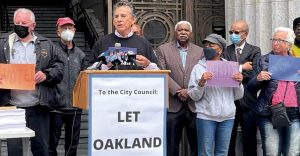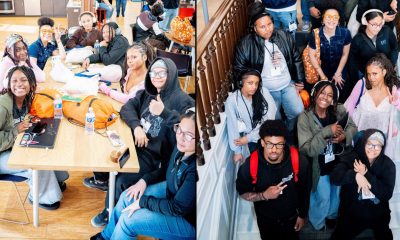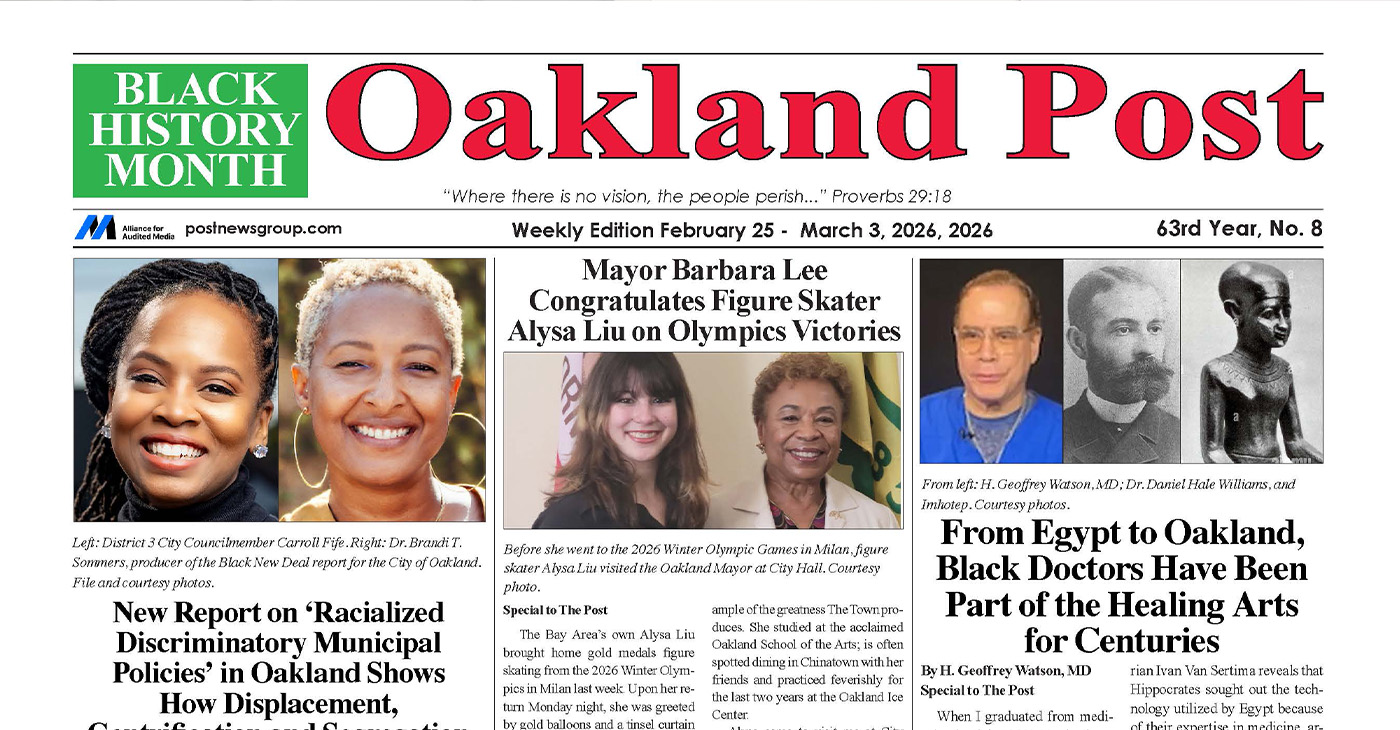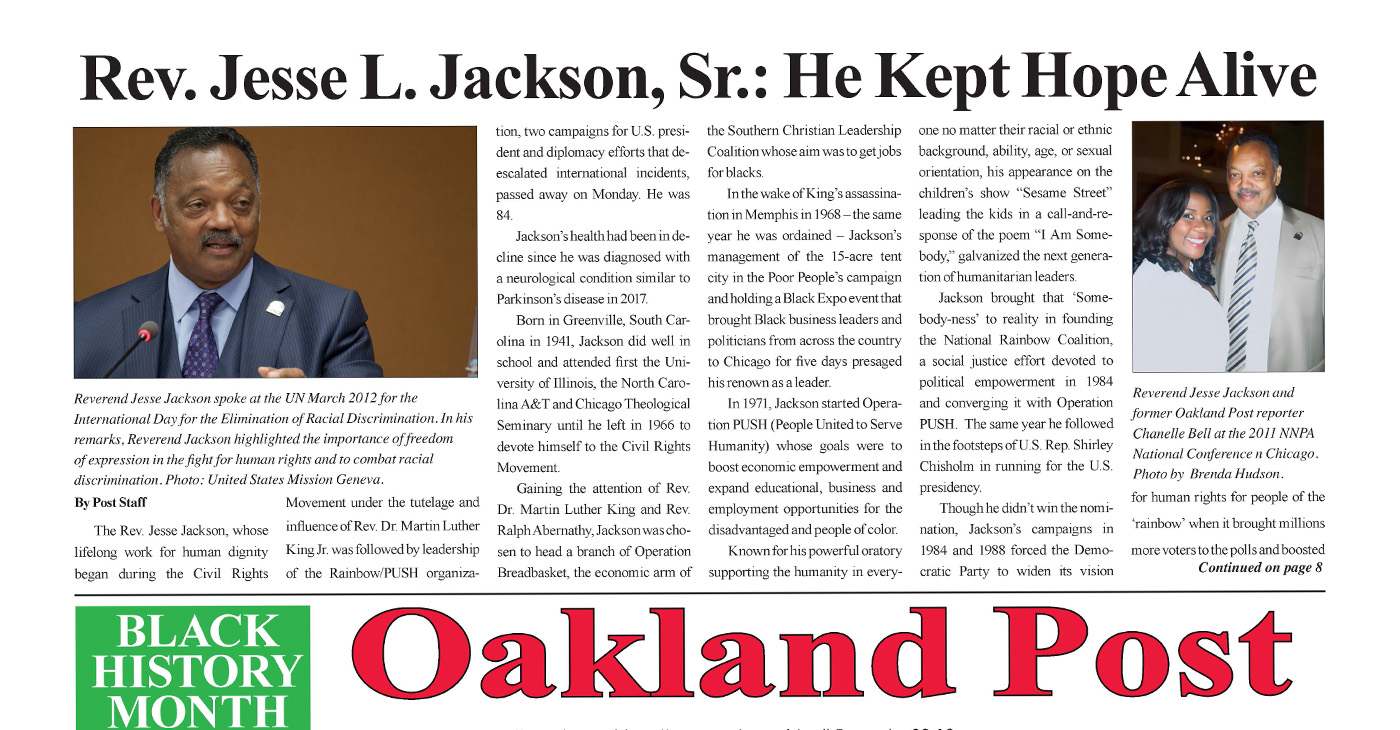Activism
Richmond Fire and Police Holiday Program Gives Toys, Food to 600 Families
The Richmond Fire and Police Holiday Program was inspired back in 1989 by now-retired Richmond firefighter Rod Woods, who organized a toy drive. Around that time, the Richmond Police Department had been running a food drive. After many years of growing their separate programs, Fire and Police united as one, with the Chevron Fire Department also stepping up and adding its continued support.

Activism
Oakland Post: Week of February 25 – March 3, 2026
The printed Weekly Edition of the Oakland Post: Week of – February 25 – March 3, 2026
Activism
Chase Oakland Community Center Hosts Alley-Oop Accelerator Building Community and Opportunity for Bay Area Entrepreneurs
Over the past three years, the Alley-Oop Accelerator has helped more than 20 Bay Area businesses grow, connect, and gain meaningful exposure. The program combines hands-on training, mentorship, and community-building to help participants navigate the legal, financial, and marketing challenges of small business ownership.
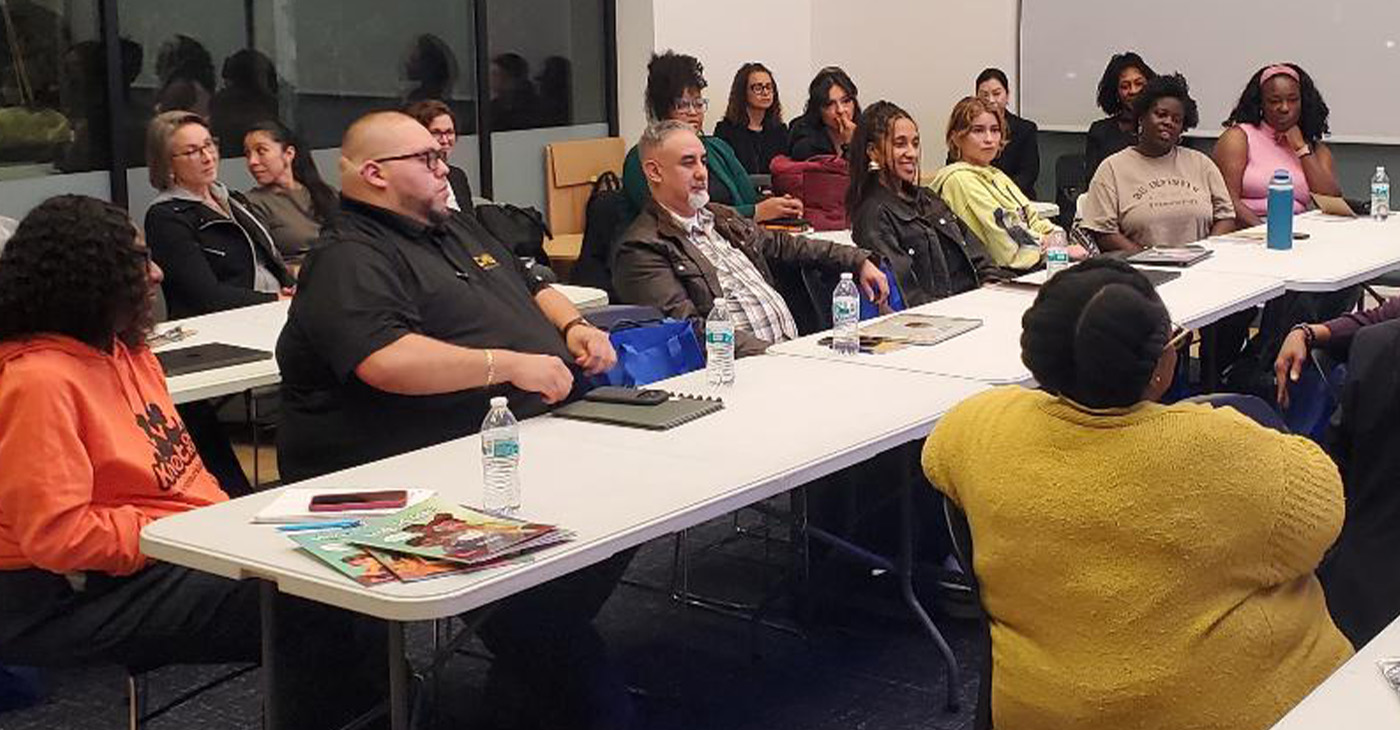
Activism
Oakland Post: Week of February 18 – 24, 2026
The printed Weekly Edition of the Oakland Post: Week of – February 18 – 24, 2026
-

 Activism3 weeks ago
Activism3 weeks agoCommunity Celebrates Turner Group Construction Company as Collins Drive Becomes Turner Group Drive
-

 Business3 weeks ago
Business3 weeks agoCalifornia Launches Study on Mileage Tax to Potentially Replace Gas Tax as Republicans Push Back
-

 Activism3 weeks ago
Activism3 weeks agoDiscrimination in City Contracts
-

 Arts and Culture3 weeks ago
Arts and Culture3 weeks agoBook Review: Books on Black History and Black Life for Kids
-

 Activism3 weeks ago
Activism3 weeks agoCOMMENTARY: The Biases We Don’t See — Preventing AI-Driven Inequality in Health Care
-

 Activism3 weeks ago
Activism3 weeks agoPost Newspaper Invites NNPA to Join Nationwide Probate Reform Initiative
-
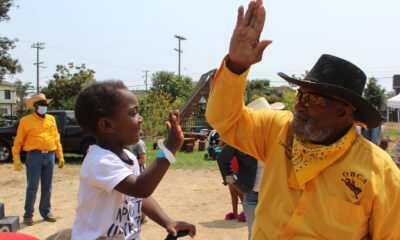
 Alameda County3 weeks ago
Alameda County3 weeks agoBlack History Events in the East Bay
-

 Activism3 weeks ago
Activism3 weeks agoArt of the African Diaspora Celebrates Legacy and Community at Richmond Art Center

